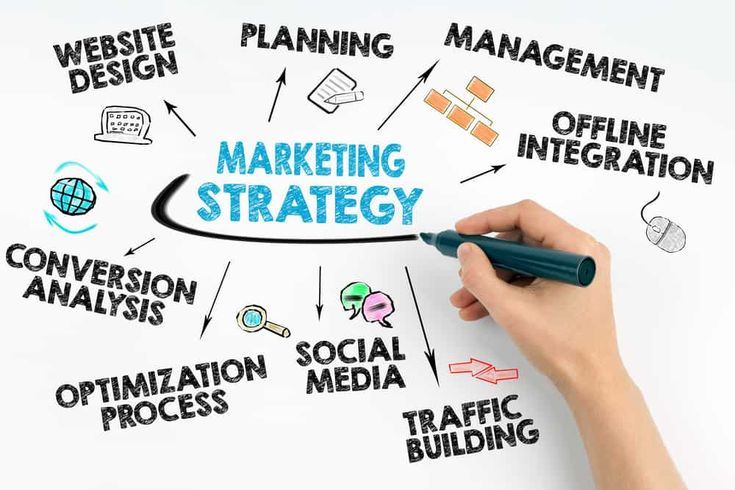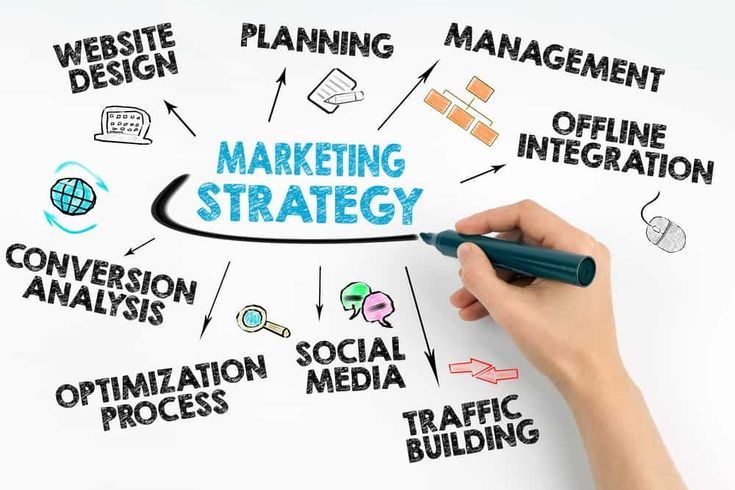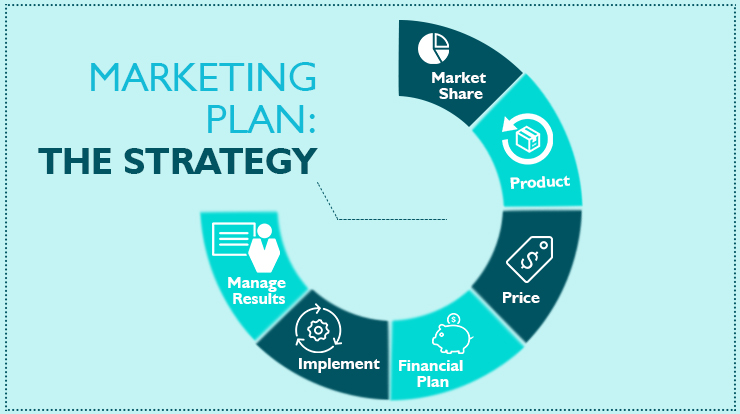From Idea to Execution : Key Startup Strategies for Success
Introduction Every successful startup begins with a great idea, but turning that idea into a thriving business requires strategic planning and precise execution. From market research to product launch, and from customer acquisition to scaling operations, each step in your startup journey demands a thoughtful approach. This comprehensive guide explores key strategies that can help … Read more









